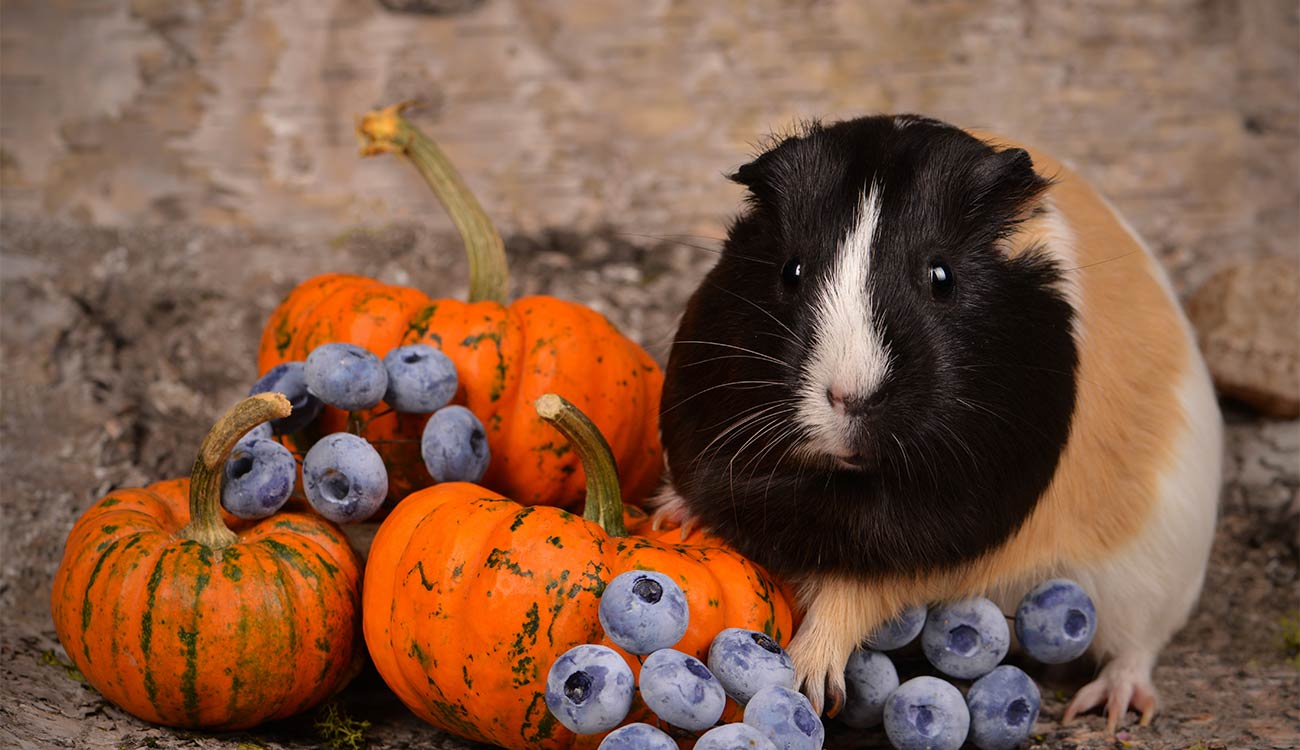JavaScript seems to be disabled in your browser. For the best experience on our site, be sure to turn on Javascript in your browser.
Causes of Sudden Death in Guinea Pigs

The sudden loss of a pet can be very upsetting. Many rodents pass away without apparent warning, even when everything seemed fine right before.
Most distraught pet owners blame themselves or question their care of the animal, but sometimes it is impossible to know what happened for sure.
Guinea pigs are somewhat fragile pets. They have basic needs and small deviations in their care requirements may have potentially lethal consequences. Other factors to blame include poor genetics and unknown causes (popularly known as idiopathic).
To understand what is going on with your pet guinea pig, you need to have a necropsy performed. This procedure is vital, especially if you have another guinea pig staying in the same environment as the sick guinea pig. It is carried out to understand if the death was preventable so improvements can be made for the surviving guinea pig. It also helps to understand why guinea pigs sometimes pass suddenly.
Signs your guinea pig is sick
When your guinea pig starts feeling sick, there could be some symptoms that are simply not noticeable. Since small animals are capable of concealing their sickness until they are gravely ill, it may take time for most owners to start noticing. Sometimes guinea pigs hide their illness until the point that they are on the brink of death.
This is one of the reasons owners must take any slight changes to their pet’s behaviour very seriously.
A vet appointment should be arranged regularly and weighing your pet weekly could be an easy way to detect problems in the pet's health before they become serious.
Below are the signs your guinea may be sick
- Chronic Diarrhoea
- Alterations to the consistency of the pet's droppings (they may become softer than normal, smaller than normal, etc.)
- Lethargy
- Anorexia
- Sleeping at odd times
- Massive or incremental weight loss
- Seeing blood in the pet's urine or observing that the pet strains to urinate
- Trouble breathing
- Discharge from either eyes or nose
It is important to note that Guinea Pig Food and Guinea Pig Healthcare & Cleaning play important roles in the total well-being of your pet.
Here are some disease symptoms that can result in the death of your guinea pig.
- Stress
This can be mild to severe, and it can have numerous causes. For guinea pigs, chronic stressors can be so intense that they can affect the animal's gastrointestinal tract.
Stress caused by medical problems and associated pain can make the guinea pig stop eating. This in effect can upset the balance of the GI and lead to stasis which makes poor appetite even worse.
Stress can also directly reduce a guinea pig's gut motility by increasing the output of epinephrine which inhibits peristaltic.
Your pet can be stressed if there is a change in diet and incompatible cage mate, moving pet from cage to cage, overcrowding in a cage, and so on.
- Anorexia
This may be the most significant reason for medical problems in guinea pigs. Guinea pigs are animals that must always eat high-fibre foods like hay to keep their gastrointestinal tract running properly. Sometimes a mix of problems like stress, disease, and poor nutrition can cause a guinea pig to stop eating. Anorexia in guinea pigs where the cause is completely unknown has been shown in some studies, along with idiopathic apathy, to be the most common medical problems guinea pigs face.
- Gut Stasis (Ileus)
This is a group of unrelated diseases, infections, and conditions that lead to harm to the gut, which in effect can cause major problems for guinea pigs. As hindgut fermenters, guinea pigs should have access to hay and water at all times to be digested in their cecum with the aid of a rich diversity of microorganisms that play an essential role in gut motility. If this balance is disturbed, gastrointestinal hypomotility, or the slowing of the GI tract, can take place.
Other disease symptoms include
- Pneumonia/Upper Respiratory Infection (URI)
- Urethral Obstruction and Other Urinary Problems
- Malnutrition and Vitamin C Deficiency
- Cancer/Neoplasia
- Bloat
- Heart Attack and Stroke
- Dental Diseases/Malocclusion










